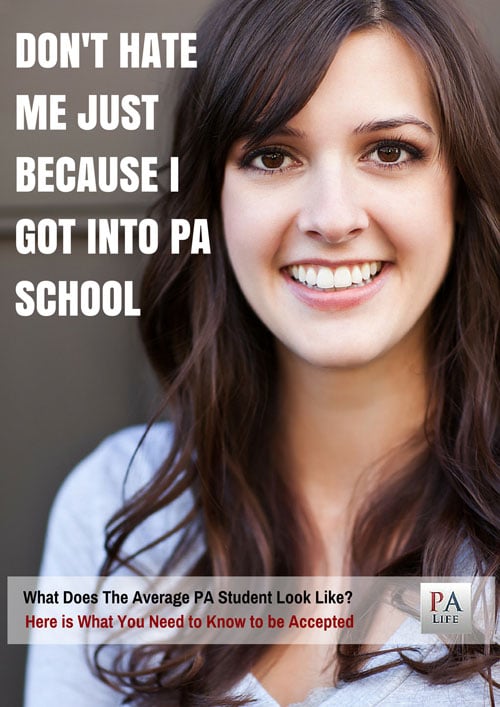- Joined
- Jul 27, 2018
- Messages
- 40
- Reaction score
- 8
Hi guys just posting to try and get some incite from anyone willing!
Quick facts about me: 22 yrs old, white ,male, Psych major undergrad.
So I am currently what my shadowed family medicine doc likes to call Pre-pre-med as I have not yet taken any pre-med courses.
as I have not yet taken any pre-med courses.
I am going into my last year in undergrad as a psych major; I originally was set on being a marriage and family therapist looking to pursue a masters but I had a change of heart as I had got to see what each job entails to some degree (I interned for a MFT for a summer). I have been trying to do my best reading into the differences between the path of a PA and an MD/DO and from what I can tell so far, they are both providers but the PA works under a doctor's license. A doctor must attend medical school for four years then go to a 3-7 year residency which a PA does not have to do. Doctors are more educated and can earn much more but the opportunity cost is far higher.
I am a California resident and my goal is to attend a school here as I wish to be close to my family while I attend school for their support.
I am no doubt a non-trad as I am a psych major with a low gpa of 3.0 and no sciences, I understand I must spend at least two years already taking all the pre-meds and acing them as well as getting volunteer and shadow hours of which I luckily have already began this summer.
I should have 100 hrs in the ED and 50 hrs of shadowing with an MD and a PA. I also have research that will be published next spring regarding coparenting.
So, I have a long road ahead of me, in the end I want to be a provider and have patient interaction and be able to create treatment plans which PA and MD can do.
My big question is considering the future of medicine and job outlook and my status, what makes more sense?
Thanks!
Quick facts about me: 22 yrs old, white ,male, Psych major undergrad.
So I am currently what my shadowed family medicine doc likes to call Pre-pre-med
 as I have not yet taken any pre-med courses.
as I have not yet taken any pre-med courses.I am going into my last year in undergrad as a psych major; I originally was set on being a marriage and family therapist looking to pursue a masters but I had a change of heart as I had got to see what each job entails to some degree (I interned for a MFT for a summer). I have been trying to do my best reading into the differences between the path of a PA and an MD/DO and from what I can tell so far, they are both providers but the PA works under a doctor's license. A doctor must attend medical school for four years then go to a 3-7 year residency which a PA does not have to do. Doctors are more educated and can earn much more but the opportunity cost is far higher.
I am a California resident and my goal is to attend a school here as I wish to be close to my family while I attend school for their support.
I am no doubt a non-trad as I am a psych major with a low gpa of 3.0 and no sciences, I understand I must spend at least two years already taking all the pre-meds and acing them as well as getting volunteer and shadow hours of which I luckily have already began this summer.
I should have 100 hrs in the ED and 50 hrs of shadowing with an MD and a PA. I also have research that will be published next spring regarding coparenting.
So, I have a long road ahead of me, in the end I want to be a provider and have patient interaction and be able to create treatment plans which PA and MD can do.
My big question is considering the future of medicine and job outlook and my status, what makes more sense?
Thanks!


